6 Cancer-Fighting Medicinal Mushrooms
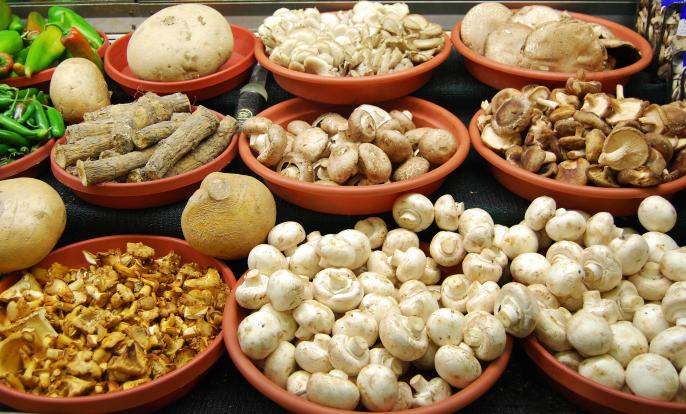
Cancer has a major impact on society in the United States and across the world. The most common cancers in 2017 are projected to be breast cancer, lung and bronchus cancer, prostate cancer, colon and rectum cancer, bladder cancer, melanoma of the skin, non-Hodgkin lymphoma, thyroid cancer, kidney and renal pelvis cancer, leukemia, endometrial cancer, and pancreatic cancer.
Approximately 40% of men and women will be diagnosed with cancer at some point during their lifetimes (based on 2010-2012 data). In 2014, an estimated 15,780 children and adolescents ages 0 to 19 were diagnosed with cancer and 1,960 died of the disease. National expenditures for cancer care in the United States totaled nearly $125 billion in 2010 and could reach $156 billion in 2020.
Chaga has been used as a medicinal mushroom in Russian and Eastern European Traditional Medicine. Chaga has been studied as a potential anti-cancer agent. This fungus contains betulin, a precursor to betulinic acid, which has been shown to suppress the cancer-promoting enzyme topoisomerase. Betulinic acid has been found to be active against skin, brain, ovarian and head and neck cancers by promoting apoptosis, the natural progression of programmed cell death. Cancer cells do not go through this natural life cycle and become immortalized and do not die.
2. Maitake (Grifola frondosa)
Maitake has been used for a long time in traditional Chinese and Japanese medicine to enhance the immune system. It is one of the major mushrooms in Japanese cooking. Studies have shown that it can enhance both the innate immune response to fight infections as well as adaptive immune response conferring long-term immune enhancement. Maitake also protects cells with its antioxidant properties and decreases the inflammatory factor COX2 enzyme so common in cancer physiology. Studies have also shown that Maitake has potential anti-metastatic properties inhibiting the proliferation and spread of cancer.
3. Turkey Tail (Coriolus versicolor)
This is one of the most well-researched medicinal mushrooms in the world. It is a biological response modifier. Turkey Tail has been used in Chinese Medicine as a tonic for centuries. Studies show that it improves survival rates and acts an immune modulator with immune stimulating and anti-tumor properties. Some studies show that it can enhance the effects of chemotherapy cancer treatment and reduce the side effects of radiation therapy.
4. Shitake (Lentinula edodes)
Shitake is considered both an edible delicacy and a medicinal mushroom. Shitake contains a glucan called Active Hexose Correlated Compound (AHCC) and is widely used in alternative and complementary treatment of cancer in Japan due to its immune-enhancing properties. Lentinan, a compound found in Shitake, is used as an intravenous anti-cancer drug with anti-tumor properties. Clinical studies have associated lentinan with a higher survival rate, higher quality of life and lower recurrence of cancer.
5. Cordyceps (Cordyceps sinensis)
Cordyceps acts an immune stimulator by raising cancer- and virus-fighting T Cells and Natural Killer Cells and prolongs the life of white blood cells, improving resolution of infections. It has demonstrated anti-tumor properties and also protects the kidneys from chemotherapy side effects. It is one of the most widely used tonics in anti-cancer formulas in Chinese Medicine.
6. Reishi (Ganoderma Reishi)
This is one of the great longevity tonics of Chinese Medicine used in cancer treatment in Traditional and Modern Chinese Medicine to improve vitality, strength and stamina and to prolong life. Reishi enhances immune response, alleviates chemotherapy side effects such as nausea and kidney damage and protects cellular DNA by raising antioxidant capacity.
–MM
* These statements have not been evaluated by the FDA and are not intended to diagnose, treat, cure or mitigate any disease. Always consult with your health care provider before making any medical decisions.

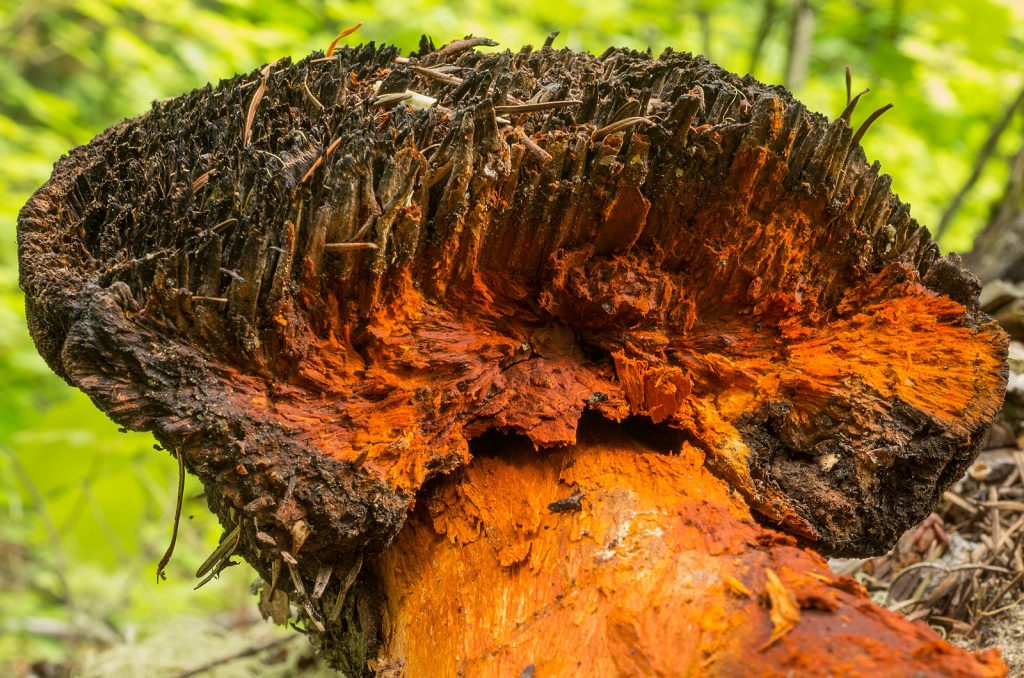
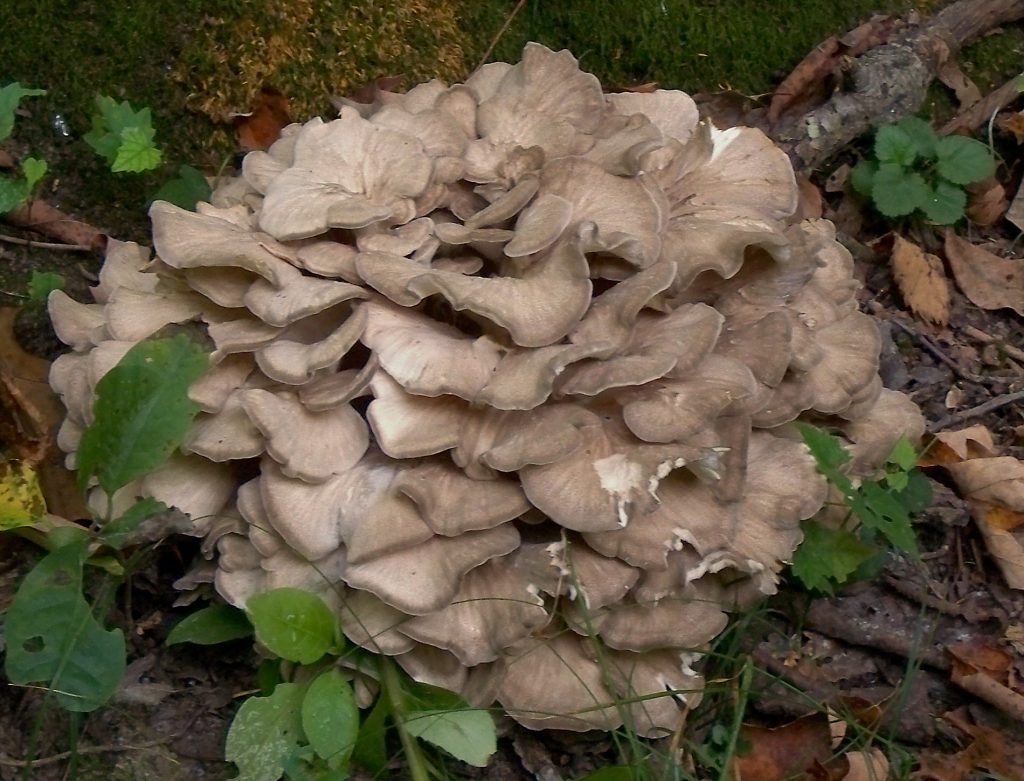
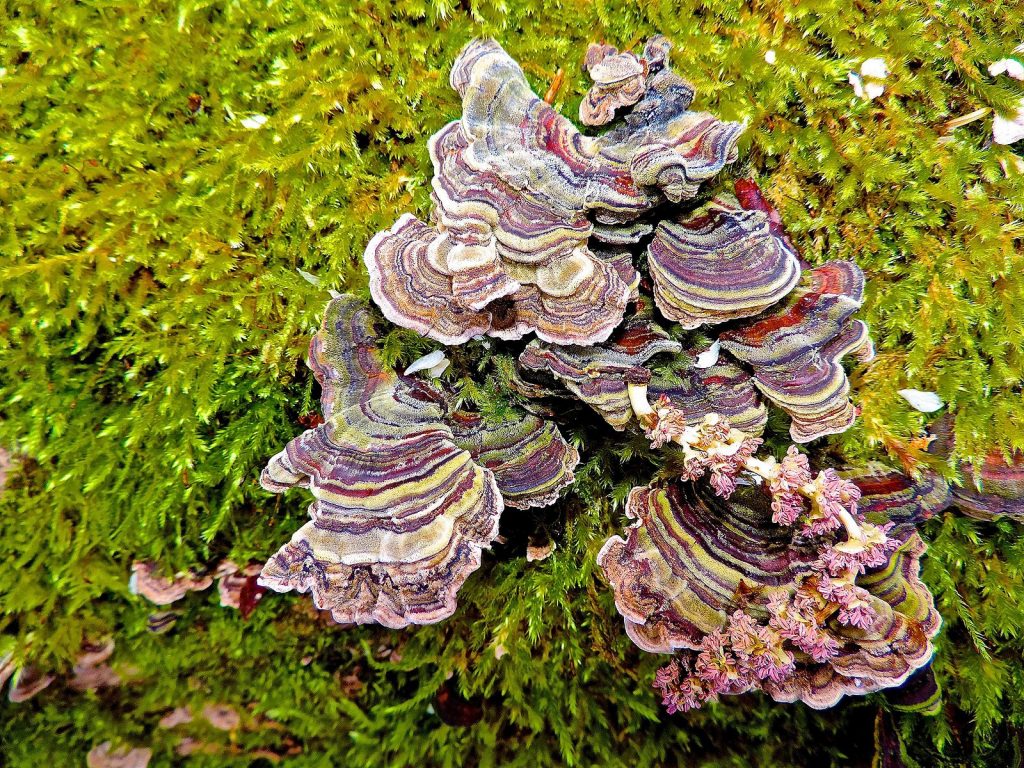
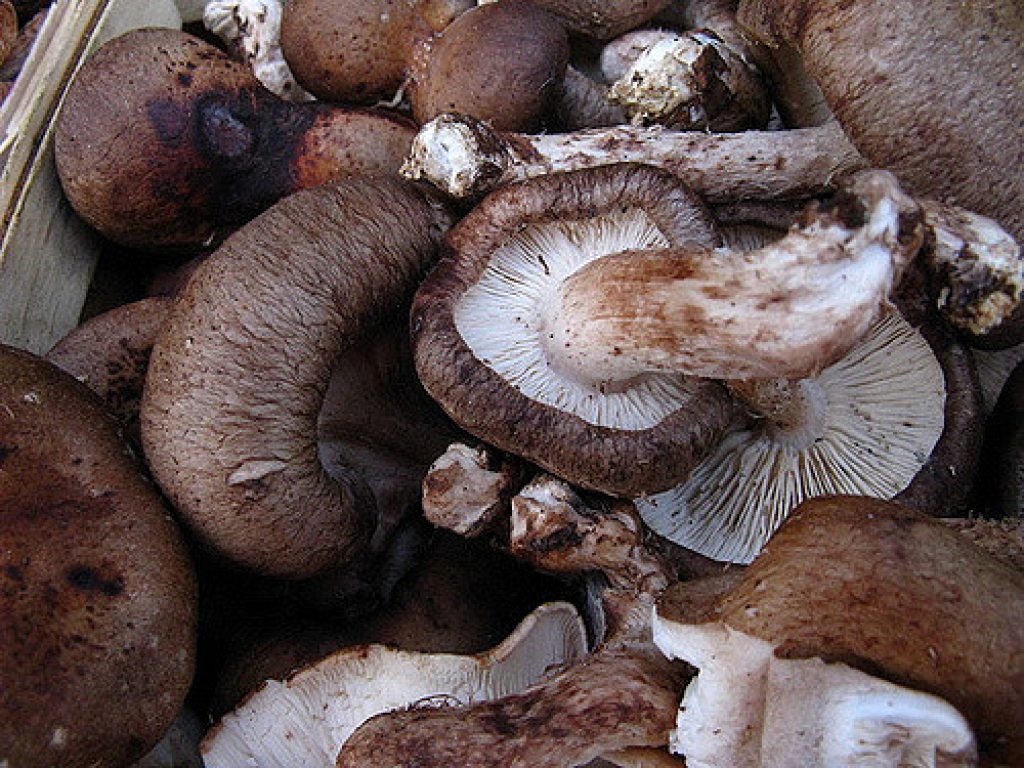
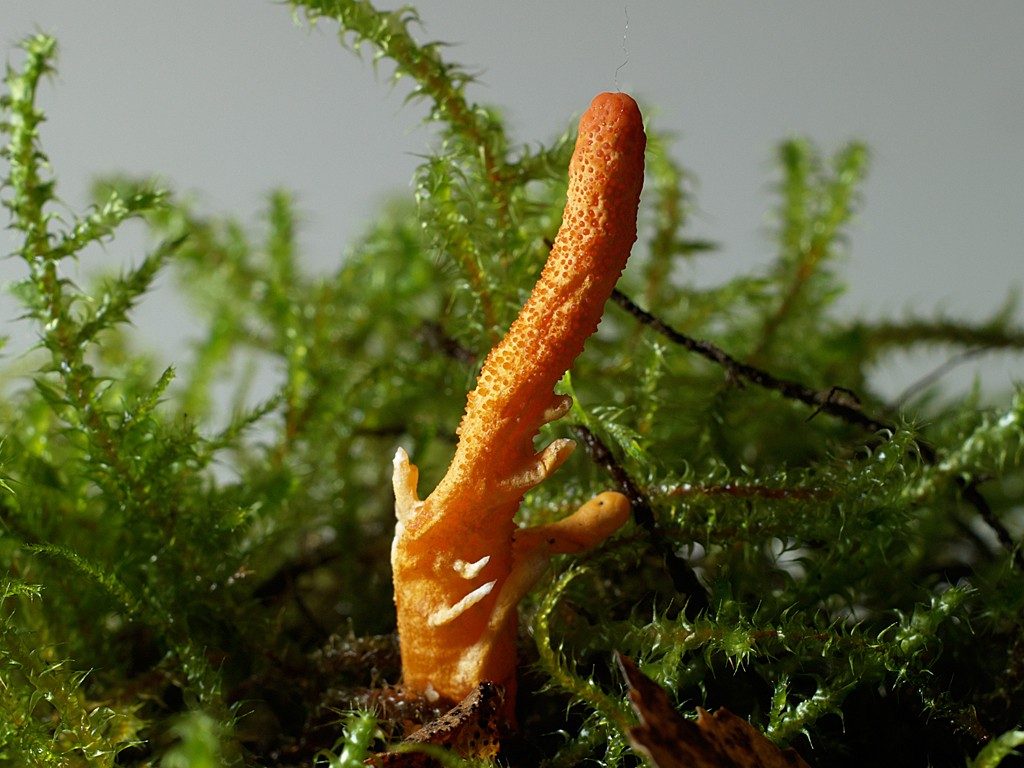
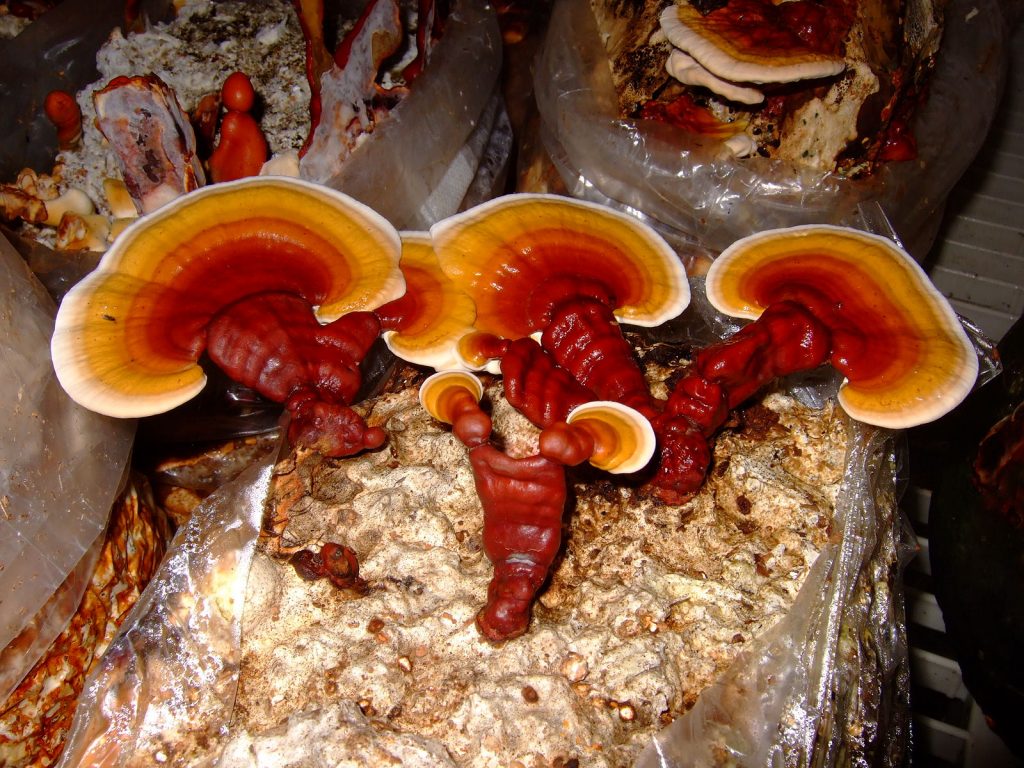
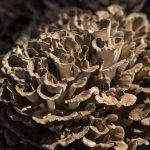
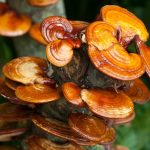
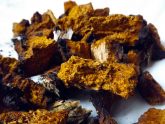
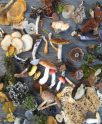

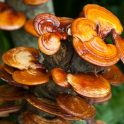

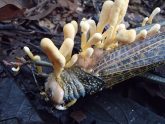
Like to no more most on cancer muchrooms had colon cancer 2012